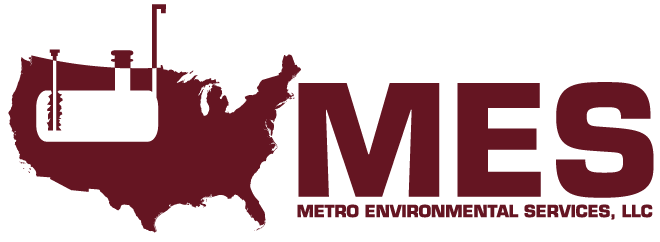5 Ways to Limit the Impact of Contaminated Fuel at Gas Stations
(Post via CSP Daily News)
While it’s not uncommon to have water in underground storage tanks (USTs), microbes in the water contaminate the fuel and lead to corrosion of tank surfaces. Water is also a leading contributor to phase separation in ethanol-blended fuels. If significantly contaminated fuel is inadvertently dispensed from USTs, it could severely damage both automotive engines and dispensers.
Unacceptable levels of water, completion of phase separation and excessive particulate, slime or biomass are all examples of triggers that require immediate action. When addressing issues on the forecourt, retailers must follow safety protocols at all times, meet National Fire Protection Association codes and standards as well as all federal, state and local regulations, and satisfy minimum fuel quality standards. Read on for the five things retailers should do to prevent the distribution of the contaminated fuel.
- Follow site procedures to shut the dispenser down and halt the continued distribution of the contaminated fuel.
- Do not remove or bypass the dispenser filter if it’s plugged. Doing so allows contaminants to pass through the system unfiltered, which may severely damage vehicle engines and result in repair claims. Bypassing a dispenser filter also opens up operators to the risk of having their dispenser warranty voided.
- Refer to the site’s operation guidelines for follow-up procedures. These may include testing the fuel, getting support from a technician, requesting a Weights and Measures Division inspector, removing the product from the tank and using remediation supplies such as biocides.
- If phase separation is suspected, do not drop new fuel into the tank. This can cause more inventory losses and extend remediation efforts.
- Contact a tank compliance company for an assessment if excessive particulate or microbial contamination is detected. This step will identify the source of the problem and solutions for correcting it over the long term.
Fuel site operators who fail to take fuel contamination seriously put customer loyalty at risk. As the last line of defense against dispensing contaminated fuel, dispenser filters trap particulate and other contaminants to help protect customers’ cars and c-store operations. It is wise for operators to have programs that both respond to fuel contamination and provide a long-term approach to managing it. This dual strategy will result in lower maintenance costs in the long run.






